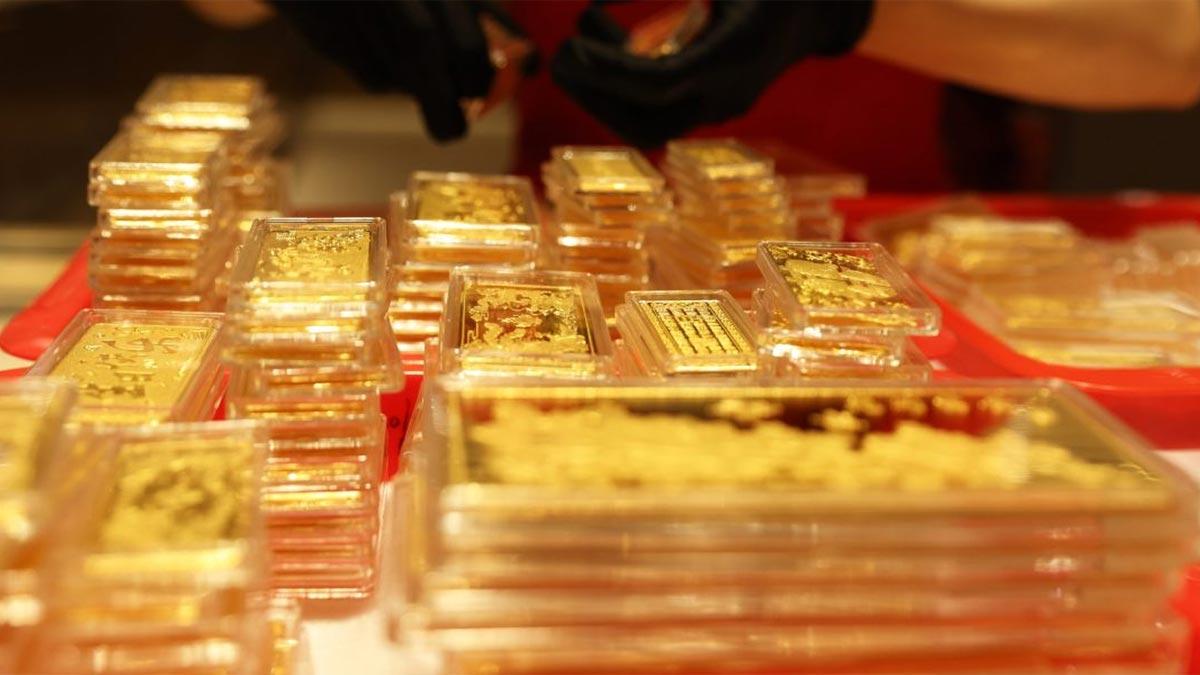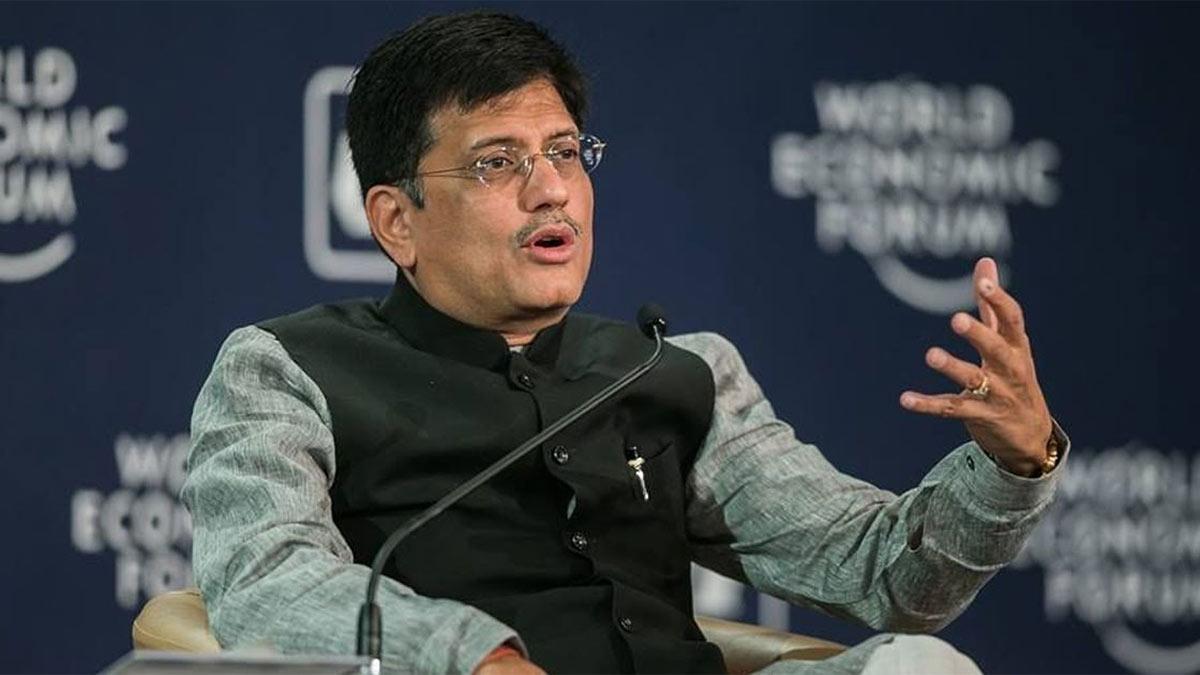Gold rose to rank as the world's second-largest reserve asset in 2024, ranking behind only the U.S. dollar, in a new report published Wednesday by the European Central Bank (ECB).
But analysts warn that some central banks might be reaching their threshold on gold purchases.
The ECB report revealed that global gold holdings among central banks are now nearing levels last seen in the 1960s. The metal's rising valuation has contributed to its elevated status, with only the dollar surpassing it in total reserve value.
According to ECB statistics analyzed by CNBC, gold and the euro were almost even in 2023, each representing approximately 16.5% of official reserves worldwide. However, this year, gold registered an increase to 19% as the euro fell to 16%. The U.S. dollar is still the strongest at 47%.
The central banks hold liquid assets such as gold and other foreign currencies as a buffer against inflation and economic uncertainty. Gold, specifically, is valued for its endurance and consistency in the long term during times of financial crisis. The ECB suggests that central banks currently account for more than 20% of worldwide gold demand, a considerable rise from 10% during the 2010s.
Survey responses quoted in the report indicate that emerging and developing economies are increasingly resorting to gold amid fears of sanctions and waning trust in leading global currencies.
Gold prices have continuously set new records over the past few years, including for 2025. Nevertheless, recent months have witnessed rising price volatility, which has been linked to changing U.S. trade policies. There was a dramatic shift in sentiment after Russia's invasion of Ukraine in February 2022, which, combined with the surge in inflation and the anticipated increase in interest rates, caused a flight to safe-haven assets such as gold. Ever since, constant geopolitical and economic turbulence has maintained the demand. China, together with India and Turkey, has been one of the prime drivers of the recent rally in gold.
Although the present firm fundamentals, the indications are already appearing that central banks will cut back on their buying.
"Investors must maintain portfolio diversification and maintain adequate exposure to gold and hedge funds," said Mark Haefele, Chief Investment Officer of UBS Global Wealth Management, in a recent advisory note, cautioning of imminent turmoil in equity markets.
Nevertheless, some others indicate central banks will still be maintaining their support for gold, albeit at a reduced rate. "The institutions have been a major driver of the gold rally and will likely keep purchasing gold, but at a slower rate than they have over the last couple of years," provided Capital Economics climate and commodities economist Hamad Hussain in a statement to CNBC.
Hussain continued, "In fact, the general perception of gold as a hedge against global fiscal, inflationary, and geopolitical risks is in favor of central bank reserve managers to invest more of their portfolio in gold. Any recent doubts concerning the status of the dollar as a safe haven can similarly enhance the relative appeal of both gold and the euro as reserve assets during the next few years."
Data from the World Gold Council, broken down by ING, indicate a 33% drop in central bank gold purchases during the first quarter of 2025, with China one of the countries featuring lower activity. Janet Mui, CFA and head of market analysis at RBC Brewin Dolphin, commented, "With the high level of gold price run, gold buying momentum may ease.". But in the long term, the uncertain geopolitical environment and need for diversification will sustain the gold accumulation as reserves.
She also said, "As the U.S. desires to become more isolationist in trade, it would be sensible for central banks of its major trading partners to diversify reserves out of the U.S. dollar."
Although central banks have hugely grown their role, the ECB stressed that 70% of gold demand still originates from jewellery and investment industries.
Gold prices and central bank activity in the future will also be determined by whether gold supply is reactive to demand. According to the ECB report, "It has been argued that gold supply has responded elastically to increases in demand in past decades, including through strong growth in above-ground stocks.
It stated, "Thus, if history is any indication, additional increases in the official demand for gold reserves can also accommodate additional growth in world gold supply."
Read also| RBI's 50 BPS Repo Rate Cut: Home Loan EMIs and Tenure Set to Decrease
Read also| India's defence exports surged by 1,100 pc in last 10 years, Says Nirmala Sitharaman


















